Medically Reviewed by Dr. Lisa Hartford, MD
By Shannon Campbell.
If you read our previous article about important facts to know about IPL hair removal, then you probably feel confident in your IPL know-how. But that isn't all you need to know about this treatment - IPL is a deceptively simple technology that is more complicated than people realize. So here are several more need-to-know facts about IPL hair removal.
Don’t Tweeze, Wax Or Epilate Beforehand
While you can (and should) shave your legs directly before a session of IPL, you should tweeze, wax, or epilate. Any hair removal that removes the hair completely from the root of the follicle is not advisable, as the pulsed light in your IPL device won’t be able to target and damage the root of the hair, which is the purpose of the treatment.
Keep Out Of The Sun
It’s recommended that you keep out of the sun both before and after IPL treatment. Recently sunburned or tanned skin could make it more difficult to treat your skin properly, and skin that has been treated by IPL is always more sensitive to heat, which could lead to burns or hyperpigmentation. It’s recommended that you avoid excessive sun exposure, and apply broad-spectrum SPF sunscreen daily for at least a week after treatment.
It’s Not The Same As Laser
A lot of people who haven’t had this treatment (and even some who have) seem to think that IPL and laser hair removal are interchangeable - this definitely isn’t true! IPL uses broad-spectrum wavelengths of light to target hair follicles, whereas laser hair removal uses a more concentrated and powerful single-beam laser to target specific areas.
It’s Not For Everyone
Over the years IPL and laser technology have both come very far, but they still aren’t perfect. That’s because IPL is largely dependent on the contrast between your skin tone and hair color. In the past, neither treatment could be used on dark skin because the technology couldn’t discern between.
Many devices can now be used on all skin types, but this isn’t true for all. You need to check the guidelines on any IPL device before purchasing or contact your local beauty salon before booking a session. The same is true for hair color - most IPL devices can’t be used on people who have very light blonde or red hair and fair skin.
All IPL Not Created Equal
Though they technically use the same technology, not all IPL machines are equal. As they say, you get what you pay for, and if you purchase an unusually cheap model you’re likely to end up with a device that won’t give you the results you’re looking for. Cheaper equipment is likely to use IPL that is weaker and less efficient, meaning you’ll need more sessions to see results (if you see them at all!)
It Isn’t Always Permanent
Most IPL devices will promise reduced hair regrowth, sometimes moderate and sometimes significant. And though these results can be semi-permanent for some people, this doesn’t apply to everyone. In fact, people will typically find that if they stop using IPL hair removal consistently, the hair will grow back fully within the year. It is recommended to continue to use IPL as needed.
These are some of the most important things you should know about IPL treatment, and we hope you feel confident and informed enough to book an appointment with your local beauty clinic or purchase an at-home device. If you’ve struggled to find effective hair removal treatments in the past, we think you’ll be happy with the results.
And if you’re looking for a professional-grade IPL handset for at-home use, consider the EvenSkyn® Pulsar, which has both hair removal and skin rejuvenation mode! It also comes with eight different intensity levels, so you can adjust it to the level that fits your skin best.

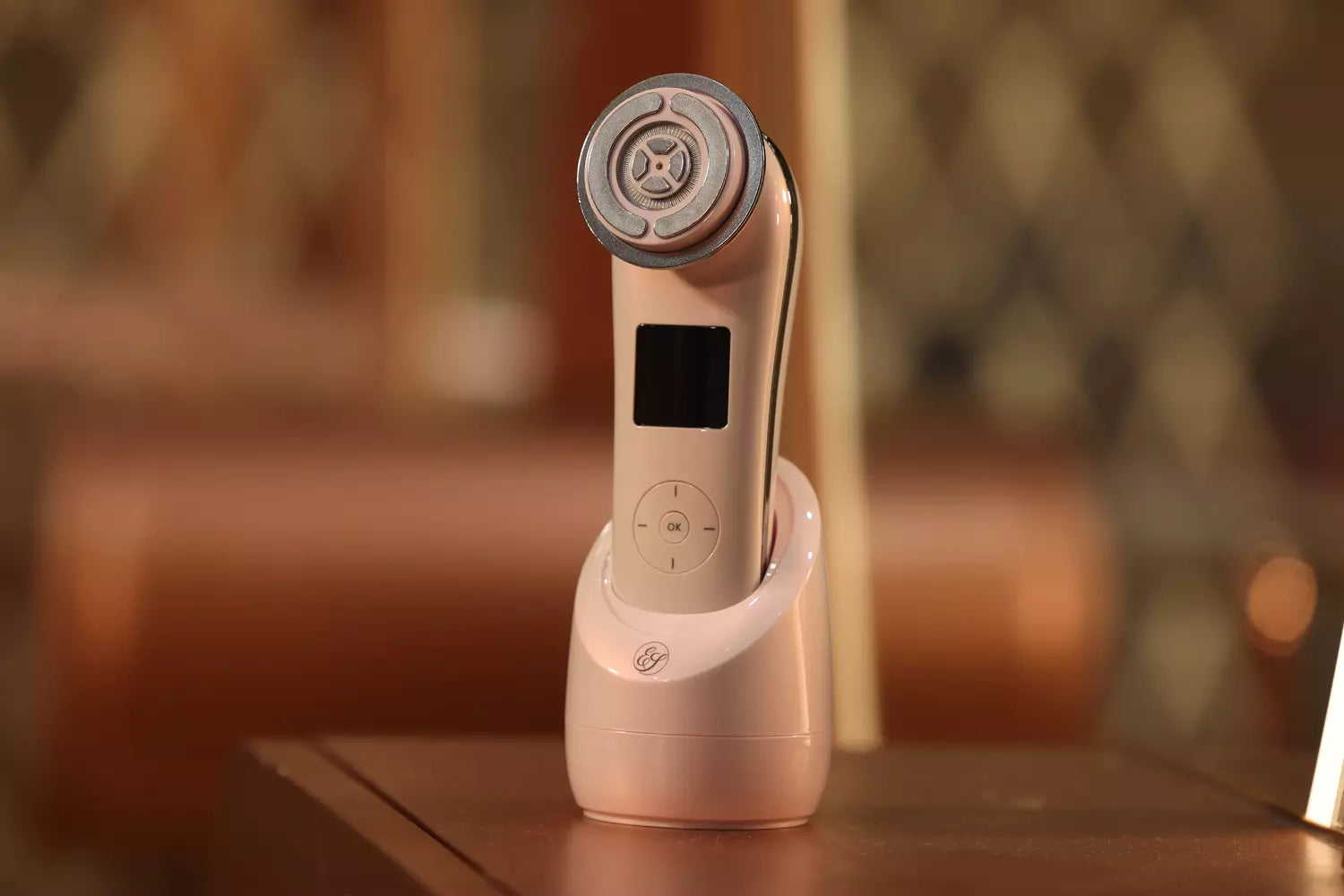
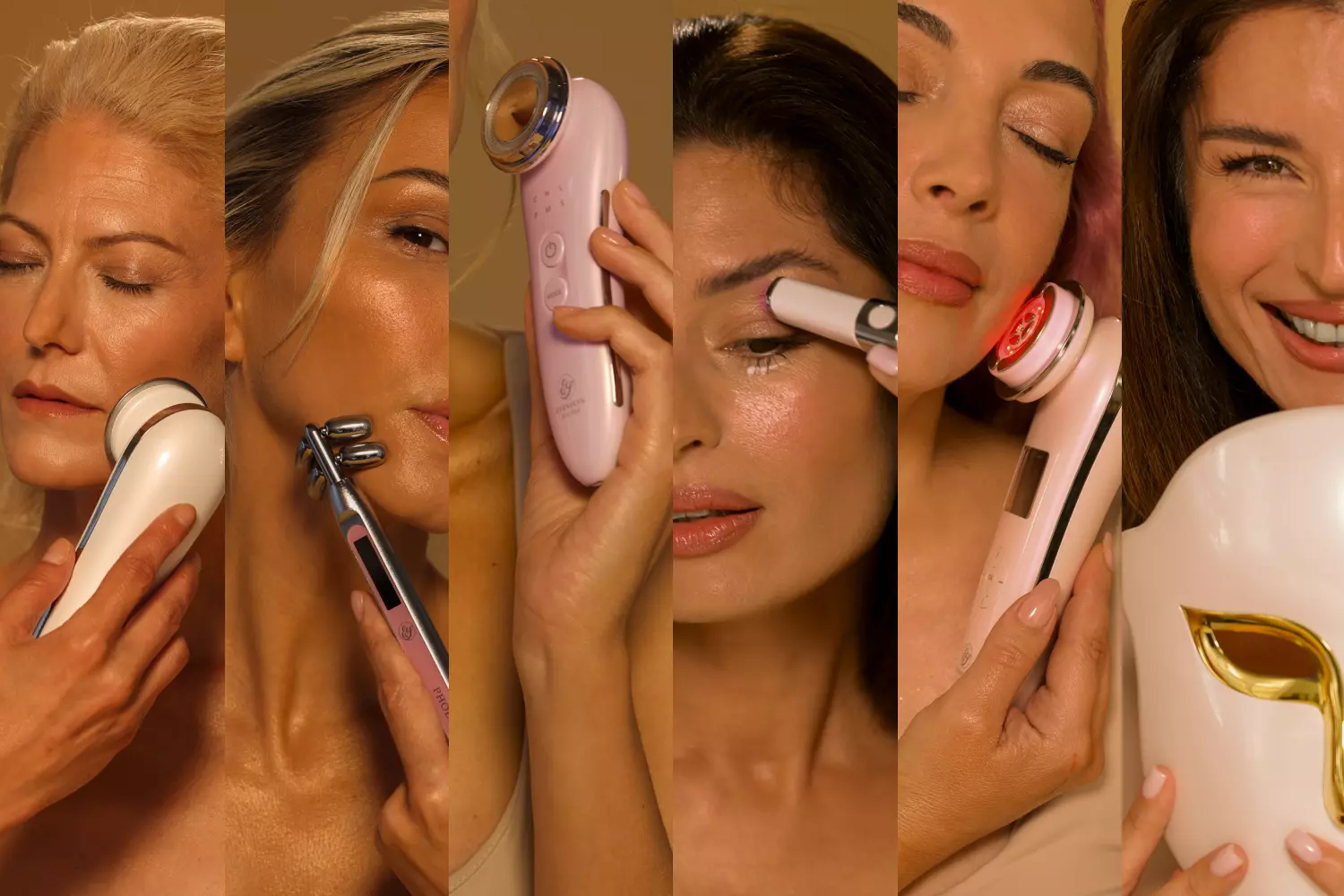

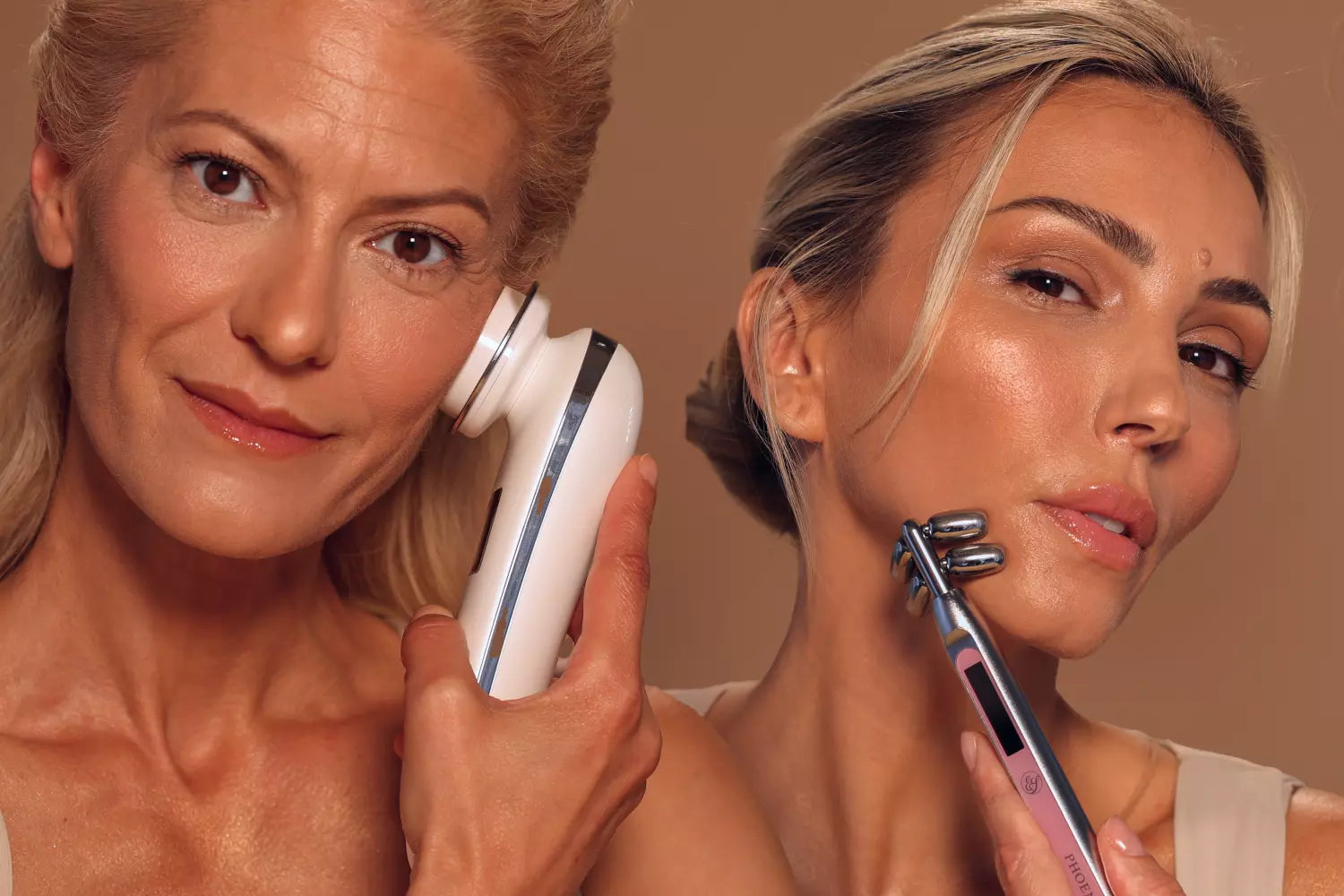
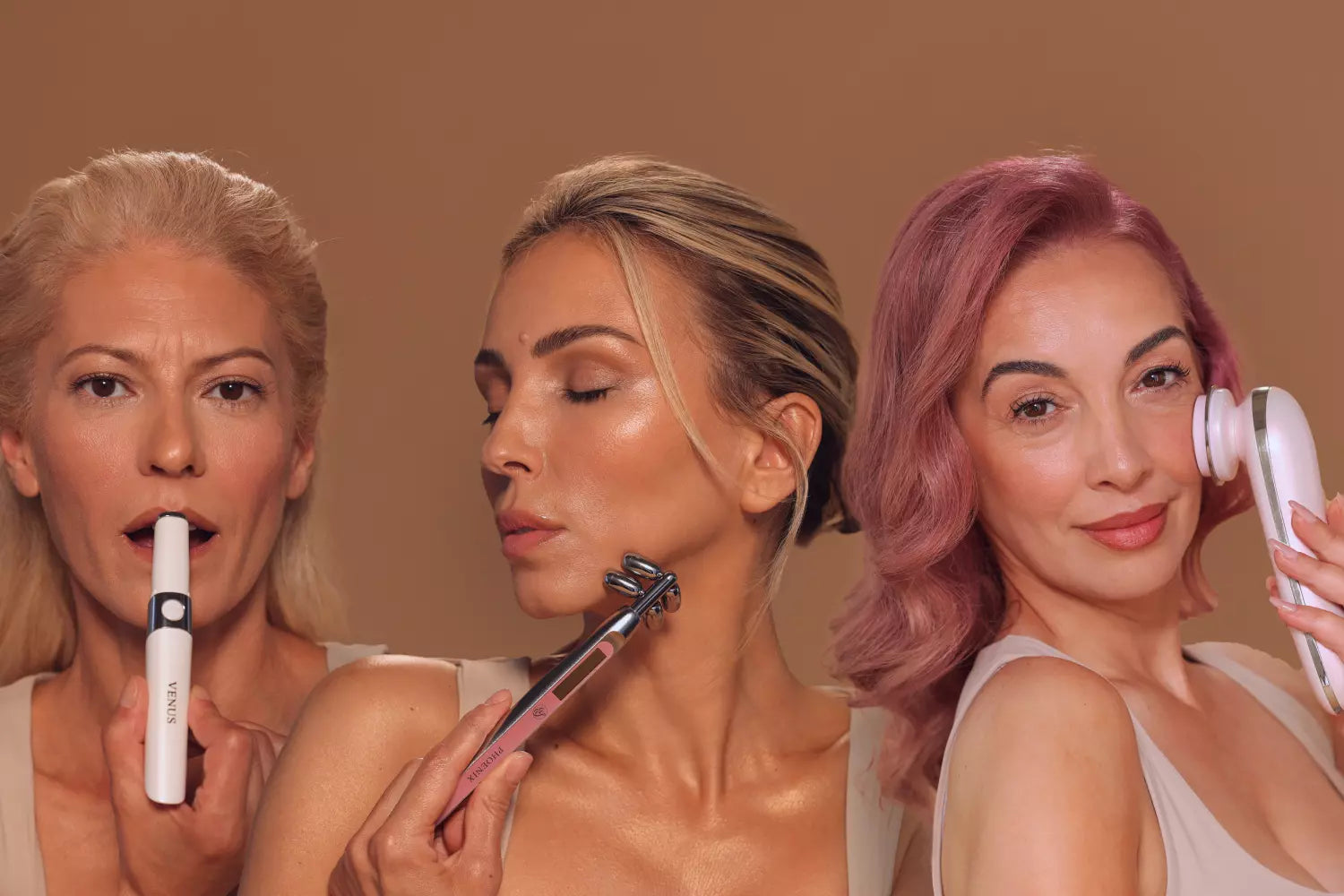
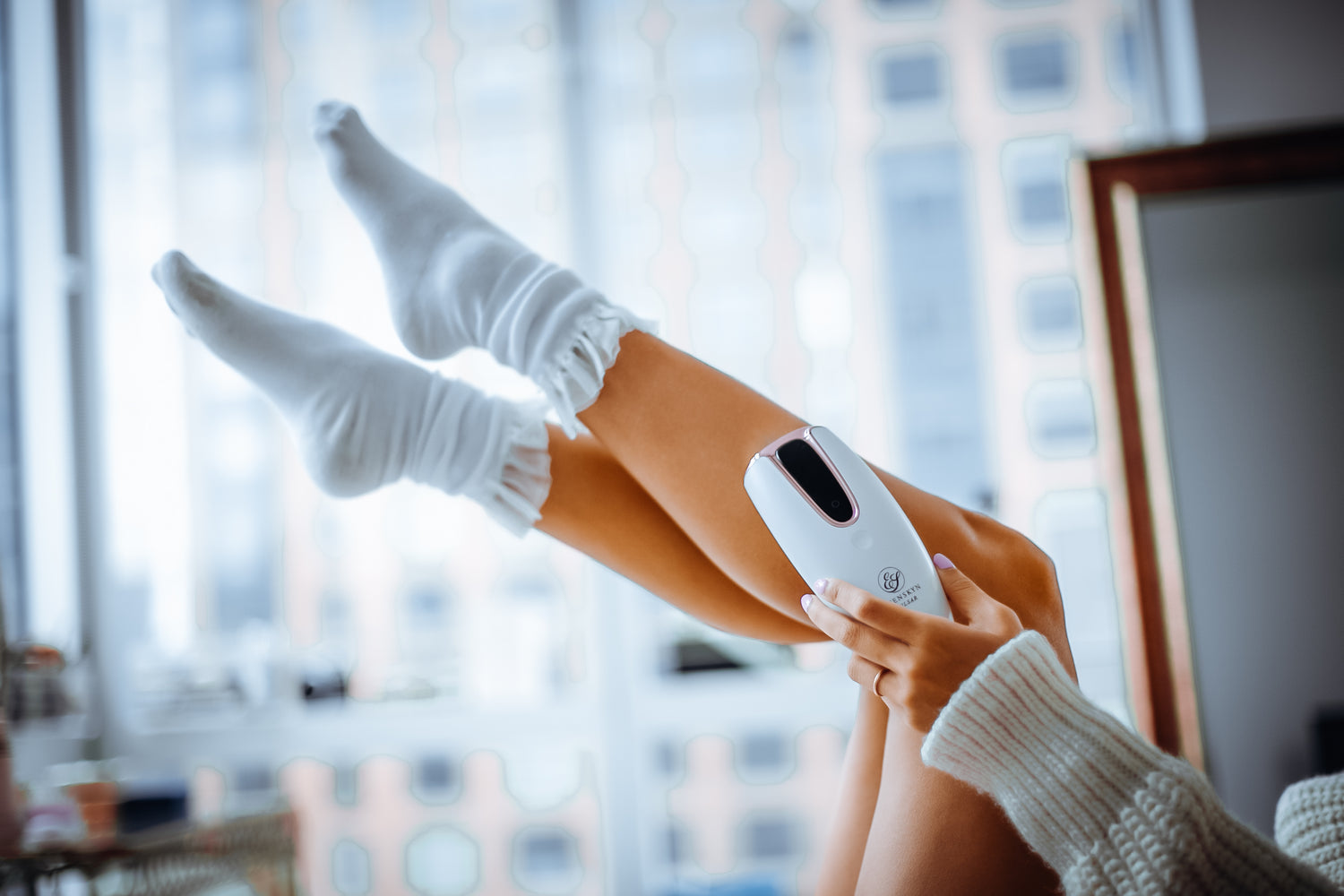
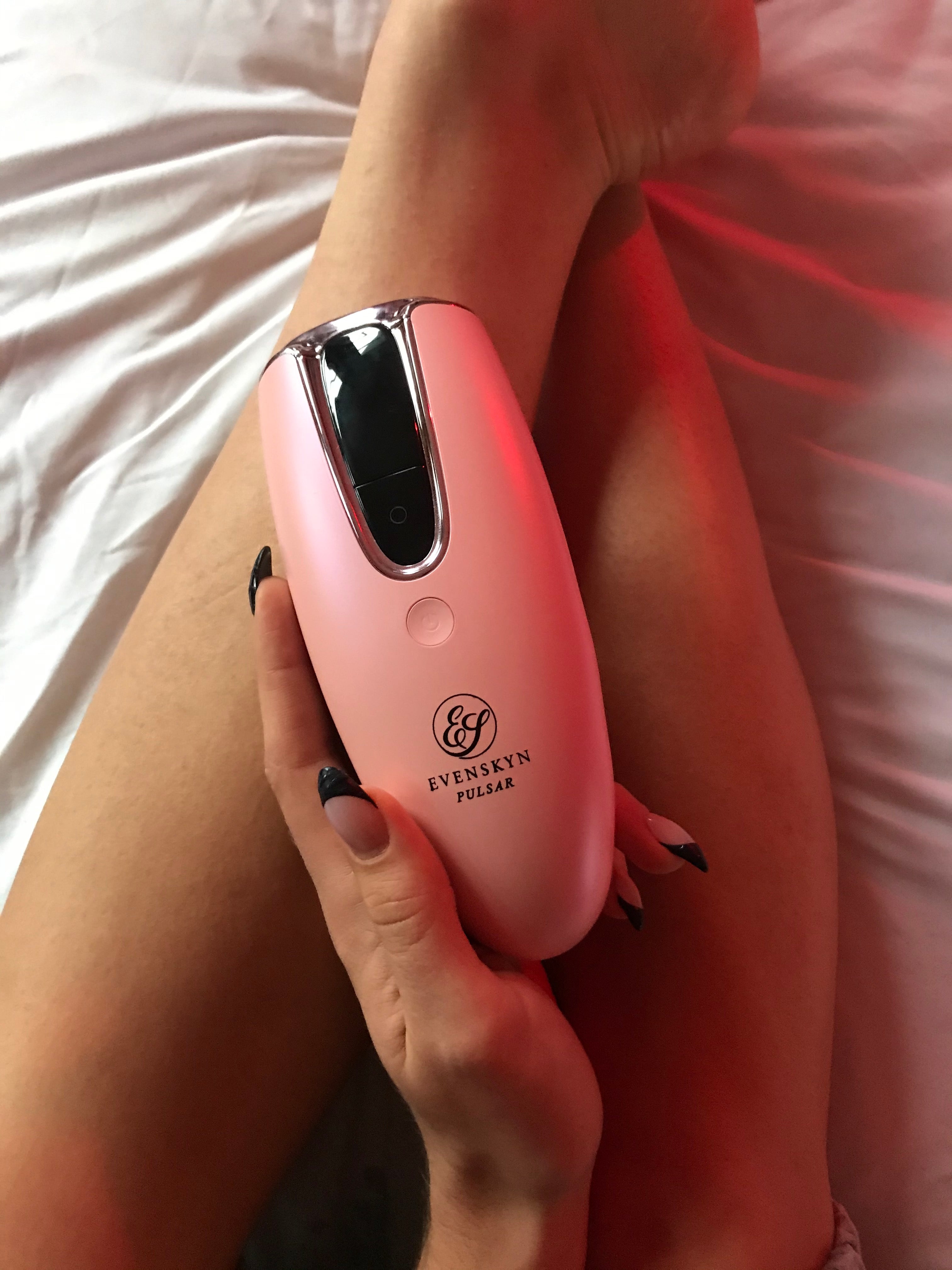

Leave a comment
All comments are moderated before being published.
This site is protected by hCaptcha and the hCaptcha Privacy Policy and Terms of Service apply.